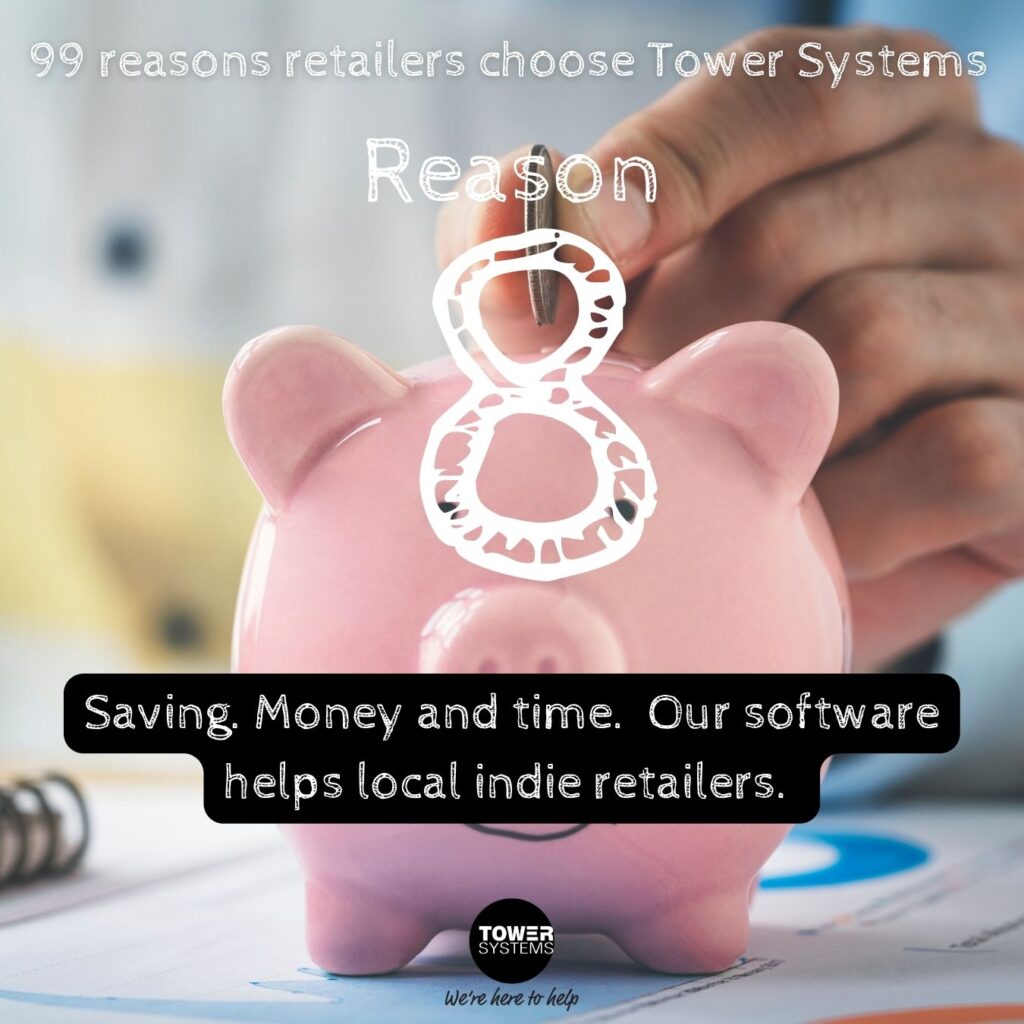Too many local small business retailers make common mistakes when having websites developed for their businesses. We see this often when called in to fix issues with a website created elsewhere. Our web dev team provides a thorough honest assessment of websites and lays out a pathway to a better solution for the customer.
It surprises us to see some awful websites, built on plenty of mistakes that stem from poor outlines of requirements.
For what it’s worth, here are the top 7 mistakes we have seen retailers make when setting up a website for their business.
- Not knowing the target customer. The target customer for a website connected to any shop should not be considered to be the person walking through the r=front door. rather, it should be the person you want to reach, the person who would never walk past your shop. Knowing who they are, where they are and what they could be looking for is key.
- Making the website a copy of the physical shop. If you copy what you sell in your shop online you are not likely to find new customers and the best website for a shop is one that finds new customers for the business. Nice is best. Niche is appealing and easily found through online searching. Stand for something – not not everything you currently sell.
- Thinking it is easy and once the site is live you are done. Creating and maintaining a website is hard work, relentless work. Think of a website and a hungry beast, and you have to feed it.
- Believing a web developer knows what is best for your business. Web developers are not retailers. They may have opinions about what looks good or works well, but do these opinions match the needs of your business. It is best to find a web development who genuine understand your type of business and what you want to achieve online.
- Failing to understand the total cost of ownership. Paying for a website to be developed is on thing. What is the cost of maintaining it. be sure to have this documented before you begin because once you are into it you are on the hook for future costs. Knowing this upfront is key.
- Different is good. Too many retailers are lazy, loading images and product descriptions from suppliers. Search engines see this duplication and mark sites down that copy others in terms of content. The more of your own content the absolute better for you and for your business. Sure, this is hard work, but it pays off.
- Your website is not a destination. Okay, it is a destination for online shoppers, hopefully. But, it is not your online end point. The website will have to evolve and, eventually, be replaced. Go into it knowing it will not be your final online presence, that it is, rather, a stepping stone on a pathway.
Take your time to figure out what you want, but not too long as what you launch will quickly change as change is critical in retail business websites.
Footnote: we know about this because we have created plenty of websites for our retail businesses and for hundreds of our retail POS software customers. The most useful ones have been those that failed. The successes are terrific. But it’s the failures that are educational.


Recent Comments